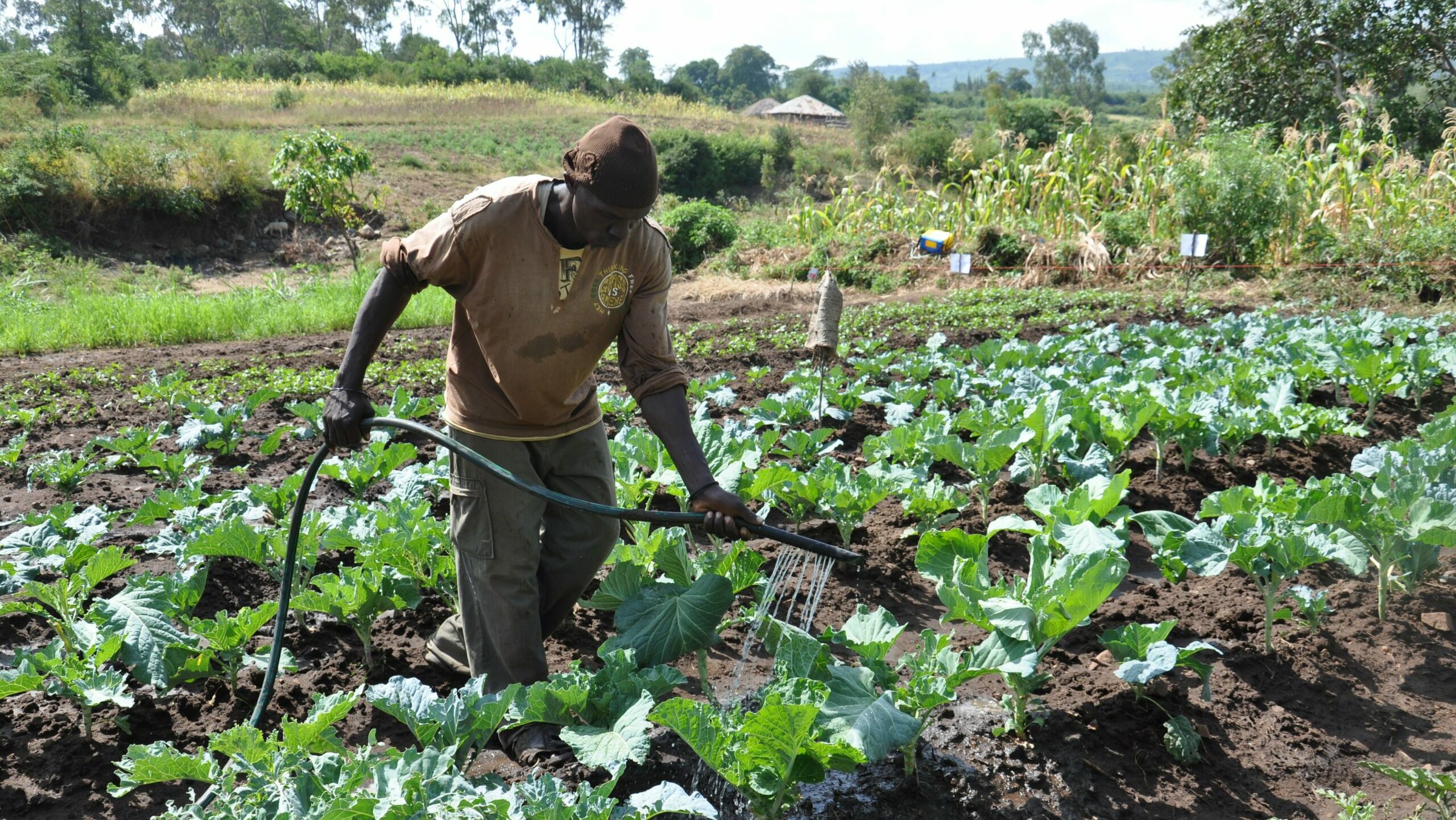
Eliseus Bamporineza
East African Community Youth Fellow, African Leadership Academy - MasterCard alumnus, Aspire Leaders Alumnus, Restless Development/Hungry for Action CampaignerAfrica’s paradoxical abundance of arable land juxtaposed with prevalent food insecurity and poverty is a troubling narrative. While agriculture remains pivotal, large fertilizer and food imports persist, hindering economic progress. Despite Africa’s youthful demographic—65% under age 25—many young individuals lack access to farming land, obstructing their economic growth.
Only a mere 10% of land in sub-Saharan Africa is formally documented, constraining rural youth primarily to customary land access via inheritance. Fortunately, the strategic framework of ‘Agenda 2063’ holds the promise of inclusive socioeconomic emancipation. The African Continental Free Trade Area (AfCFTA) is a crucial project within this vision, necessitating land governance reform to secure land rights for the youth.
Interactions with the young populace reveal a stark reality: while urged to embrace agriculture for prosperity, they lack essential tools and resources. The aspiration to farm and contribute to food security is hindered by the absence of space for modern farming techniques like hydroponics or aeroponics.

Unutilized arable lands across Africa could catalyze economic development if allocated to the energetic and innovative youth. However, this potential remains largely untapped. Practical actions are needed to translate this potential into tangible benefits, especially considering the estimated impacts of the AfCFTA, including creating a vast market and millions of new jobs.
Expanding modern farming areas, specifically for young agripreneurs, within Africa’s economic blocs like COMESA, ECOWAS, and SADC could drive the desired economic transformation. Establishing specialized farming zones for the youth aligns with Agenda 2063 and AfCFTA objectives.
Policies must focus on land governance reforms, abolishing land taxes on youth-owned land, ensuring transparent resource allocation, and establishing social safety nets. Additionally, investing in youth education and capacity building and fostering an enabling environment for active participation in decision-making processes is crucial for sustainable development.
For the AfCFTA to be a vehicle for equitable outcomes, sustained efforts in land mobilization and policy reforms are imperative. Governments and regional bodies must collaborate to create opportunities, ensuring that Africa’s youthful population can actively shape their continent’s future.







